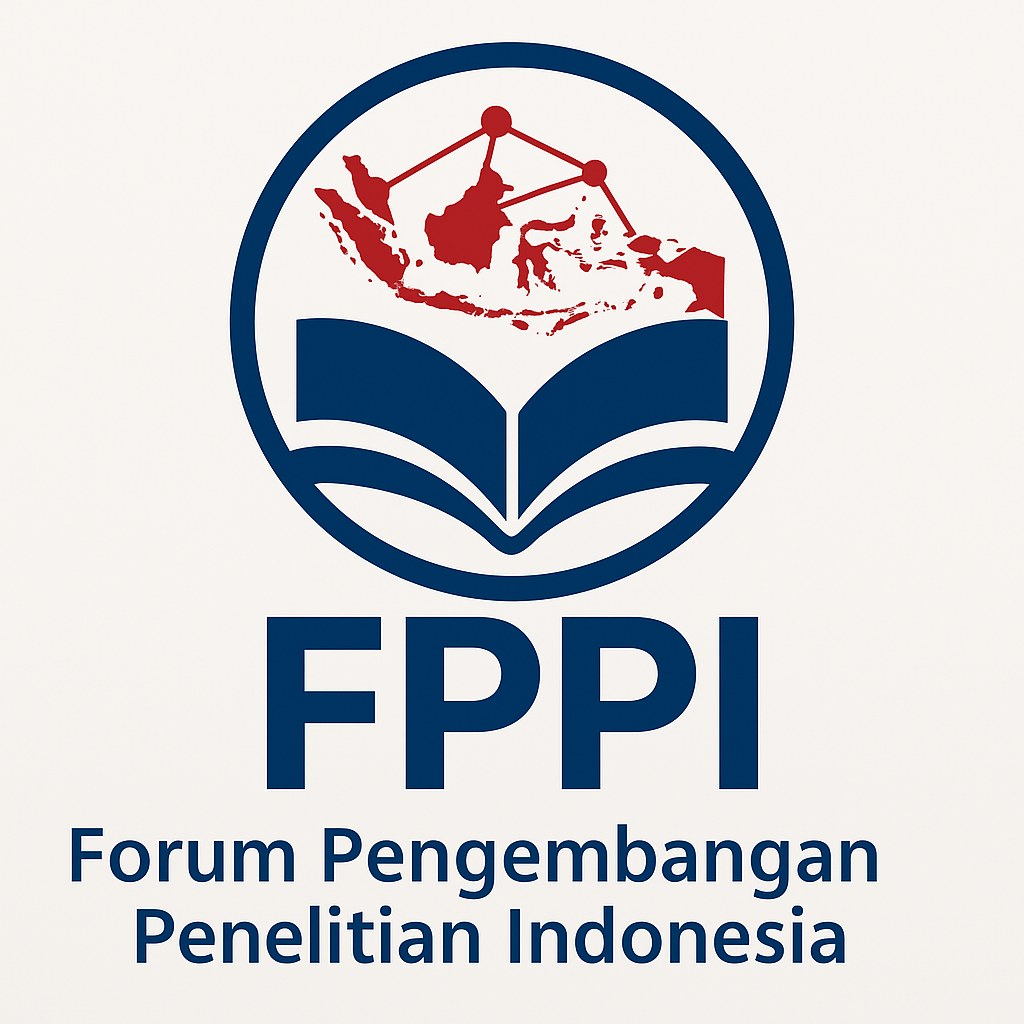Students' Mathematical Reasoning Ability on The System of Linear Equations of Two Variables in Grade VIII
Main Article Content
Abstract
Mathematical reasoning ability is an ability that is considered important for students to have in learning mathematics. The purpose of this study is to describe students' mathematical reasoning ability on the material of Two Variable Linear Equation System . This type of research is a type of research that uses a descriptive method with a qualitative approach. Data collection techniques in this study were carried out using observation, test, and interview methods. The test instrument used was 2 essay questions about students' reasoning ability that had been validated. The subjects of this study were 20 students of class VIII 1 SMP Negeri 4 Koto Gasib. Based on the test results, the researcher selected students who had the same ability, then 6 students were selected as representatives of the research subjects based on the category (high, medium and low). The results of this study indicate that students with high initial ability are able to meet all indicators of mathematical reasoning ability. Students with medium ability are not yet able to present mathematical statements in writing, are able to submit conjectures but the steps are not complete, are able to manipulate well, are able to compile evidence of the truth of the solution and are able to draw conclusions correctly and precisely. Students with low abilities are unable to present mathematical statements in writing, are able to submit conjectures but the steps are incomplete, are able to manipulate correctly, but are not yet able to compile evidence for the truth of the solution and finally students are unable to draw conclusions from the answers they have obtained.
Article Details
References
Afsari, S., Safitri, I., Harahap, S. K., & Munthe, L. S. (2021). Systematic literature review: Efektivitas pendekatan pendidikan matematika realistikk pada pembelajaran matematika. Indonesian Journal of Intellectual Publication, 189-197.
Ario, M. (2016). Analisis kemampuan penalaran matematis siswa SMK setelah mengikuti pembelajaran berbasis masalah. Edu Research, 125-134.
Azizah, M. (2017). Pengaruh model pembelajaran kooperatif tipe make a match terhadap kemampuan penalaran matematis mata pelajaran matematika peserta didik kelas V MI Al-Islam Bina Karya Putra Kecamatan Rumbia Kabupaten Lampung Tengah Tahun Ajaran 2016/2017. (Doctoral dissertation, UIN Raden Intan Lampung).
Gazali, R. Y. (2016). Pembelajaran matematika yang bermakna. Jurnal Pendidikan Matematika, 181-190.
Hamsiah, Masjudin, & Kurniawan, A. (2017). Analisis kemampuan penalaran matematis siswa SMPN 13 Mataram pada materi bangun ruang. Media Pendidikan Matematika, 115-123.
Hendriana, H., Rohaeti, E. E., & Sumarmo, U. (2017). Hard skills dan soft skills. Bandung: Refika Aditama.
Izzah, K. H., & Azizah, M. (2019). Analisis kemampuan penalaran siswa dalam pemecahan masalah matematika siswa kelas IV. Indonesian Journal of Educational Research and Review, 210-218.
Lestari, N., Hartono, Y., & Purwoko. (2016). Pengaruh pendekatan open-ended terhadap penalaran matematika siswa sekolah menengah pertama Palembang. Jurnal Pendidikan Matematika Sriwijaya, 81-95.
Lineaus, Fredy, J., Rizal, M., & Anggraini. (2016). Analisis pemecahan masalah sistem persamaan linier dua variabel kelas X SMA Negeri 1 Banawa berdasarkan langkah-langkah Polya. Jurnal Elektronik Pendidikan Matematika Tadulako, 1-15.
Linola, D. M., Marsitin, R., & Wulandari, T. C. (2017). Analisis kemampuan penalaran matematis peserta didik dalam menyelesaikan soal cerita di SMAN 6 Malang. Mathematics Education Journal, 27-33.
Pristiwanti, D., Badariah, B., Hidayat, S., & Dewi, R. S. (2022). Pengertian pendidikan. Jurnal Pendidikan dan Konseling, 7911-7915.
Putri, D. K., Sulianto, J., & Azizah, M. (2019). Kemampuan penalaran matematis ditinjau dari kemampuan pemecahan masalah. Kemampuan Penalaran Matematis Ditinjau dari Kemampuan Pemecahan Masalah, 351-357.
Qamar, K., & Riyadi, S. (2016). Bentuk scaffolding dalam pembelajaran matematika menggunakan aplikasi berbasis teks. 301-305.
Retnodari, W., Elbas, W. F., & Loviana, S. (2020). Scaffolding dalam pembelajaran matematika. Journal of Mathematics Education, 19-27.
Rismen, S., Mardiyah, A., & Puspita, E. (2020). Analisis kemampuan penalaran dan komunikasi matematis siswa. Jurnal Pendidikan Matematika, 263-274.
Siagian, M. D. (2016). Kemampuan koneksi matematika dalam pembelajaran matematika. Journal of Mathematics Education and Science, 58-67.
Sinaga, W., Parhusip, B. H., Tarigan, R., & Sitepu, S. (2021). Perkembangan matematika dalam filsafat dan aliran formalisme yang terkandung dalam filsafat matematika. Journal of Mathematics Education and Applied, 17-22.
Wahyudi, Suyitno, H., & Waluya, B. (2018). Dampak perubahan paradigma baru matematika terhadap kurikulum dan pembelajaran matematika di Indonesia. Inopendas Jurnal Ilmiah Kependidikan, 38-47.
Wang, G., & dkk. (2019). Chinese high school students’ mathematics-related beliefs and their perceived mathematics achievement: A focus on teachers’ praise. Journal of Mathematics, Science and Technology Education, 1-12.







